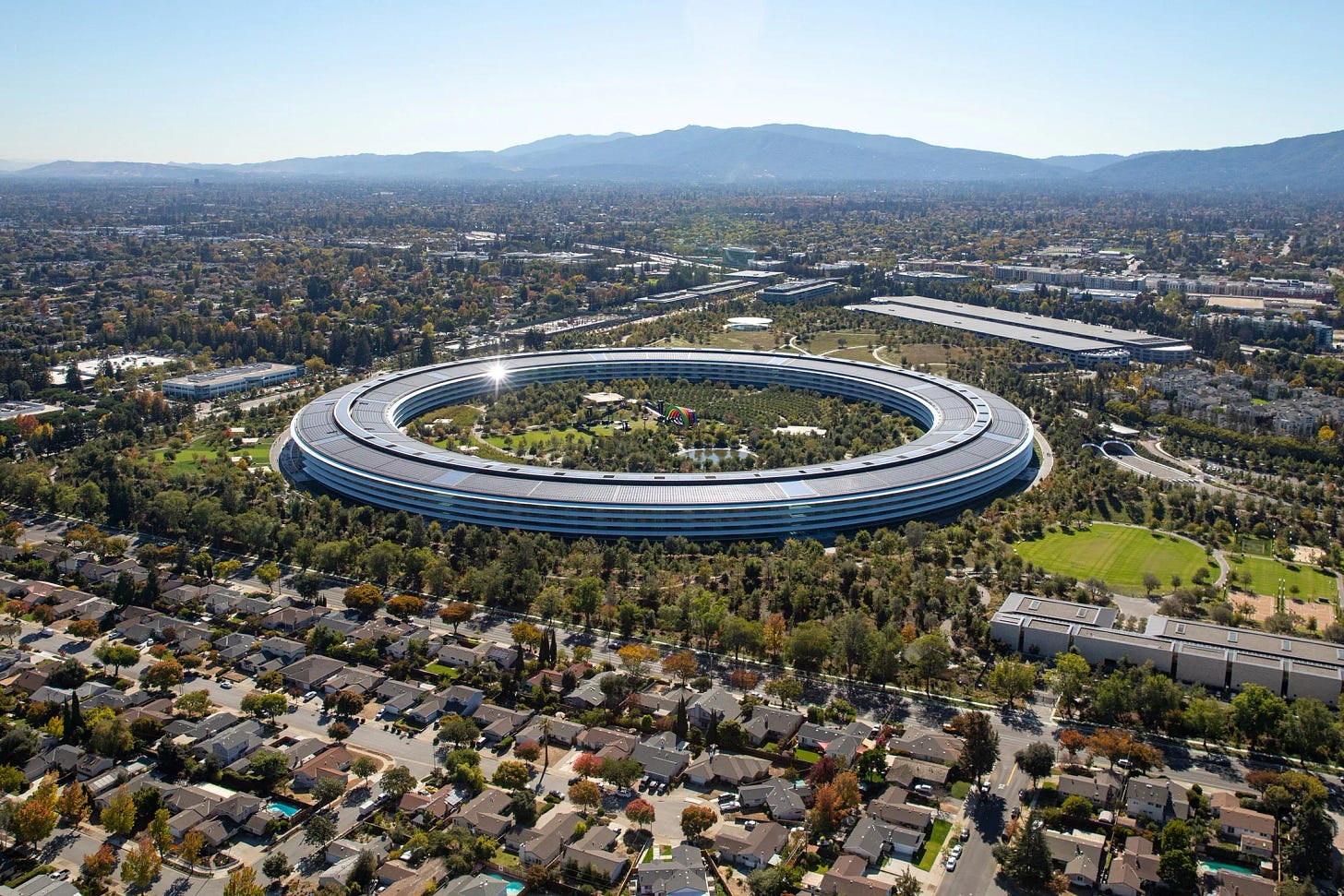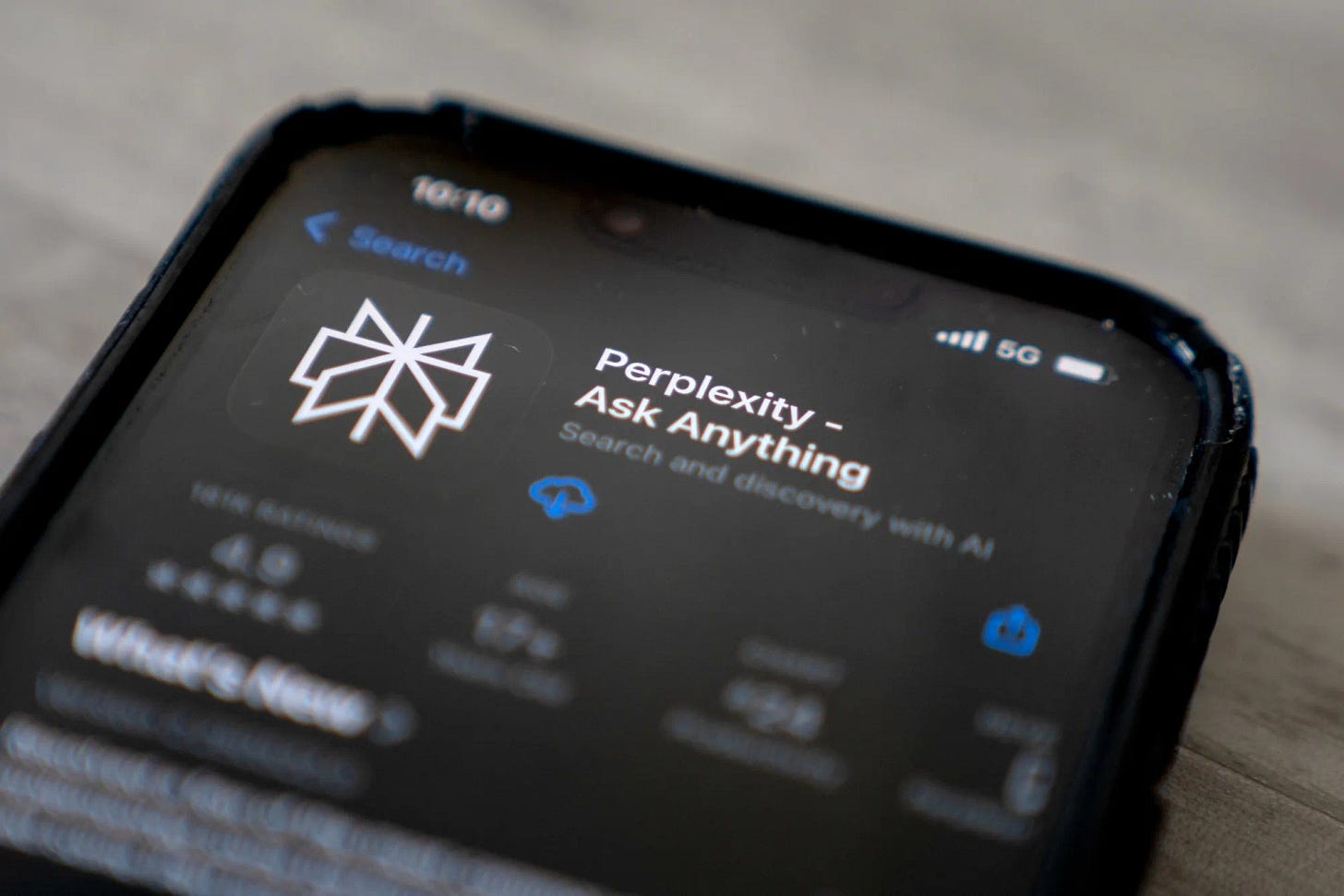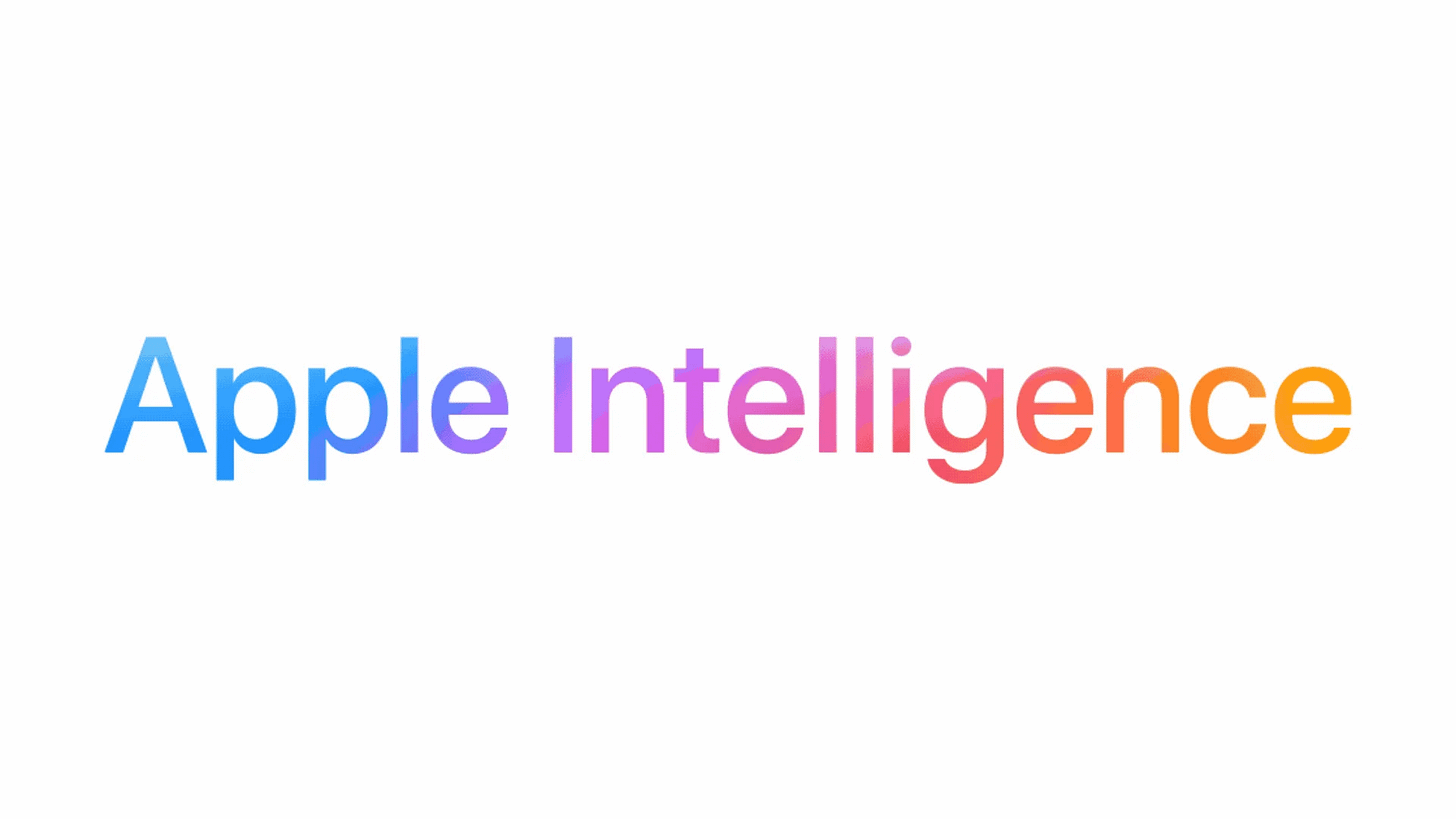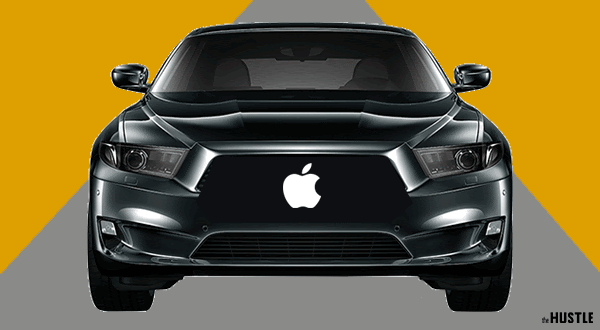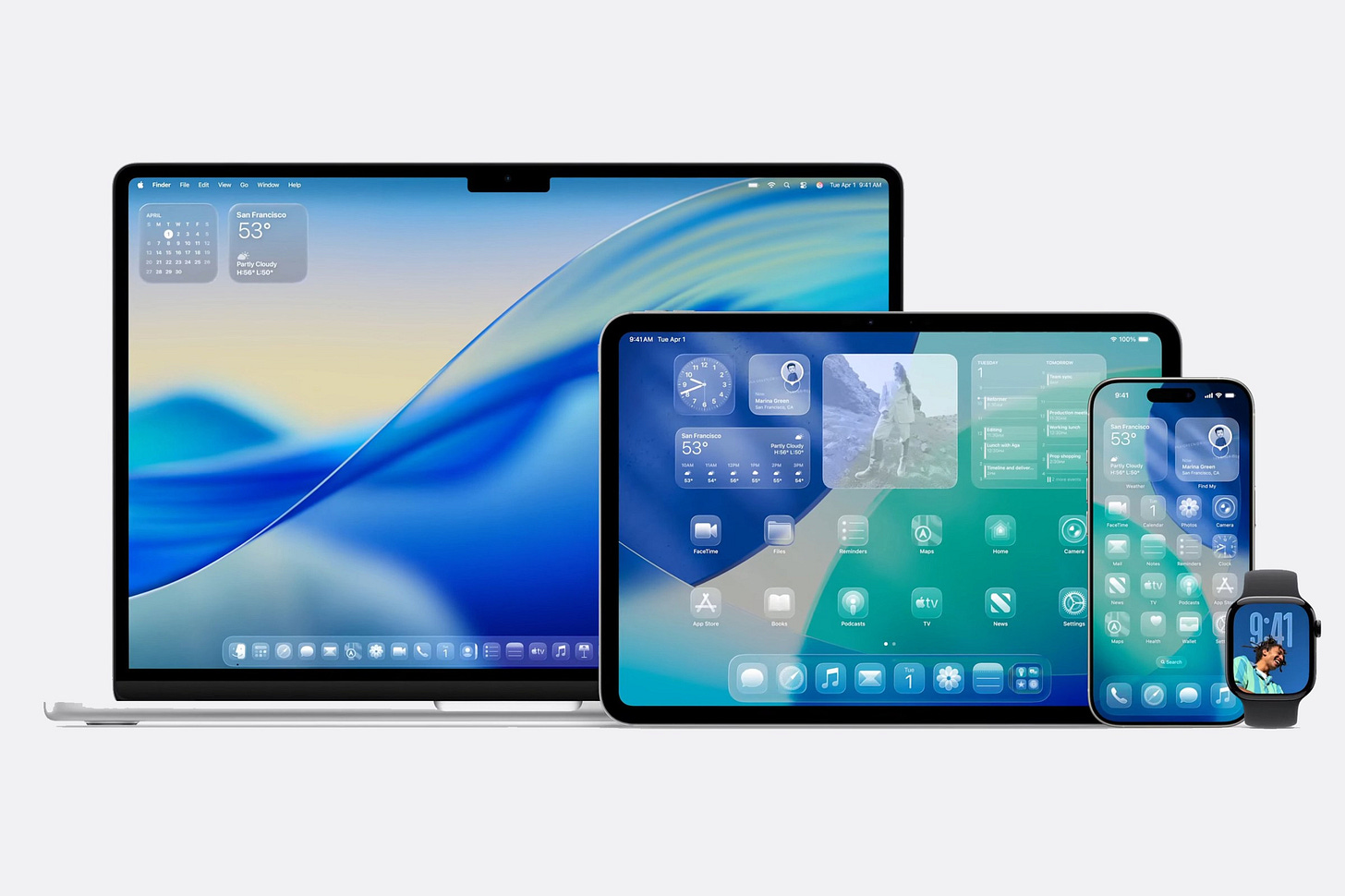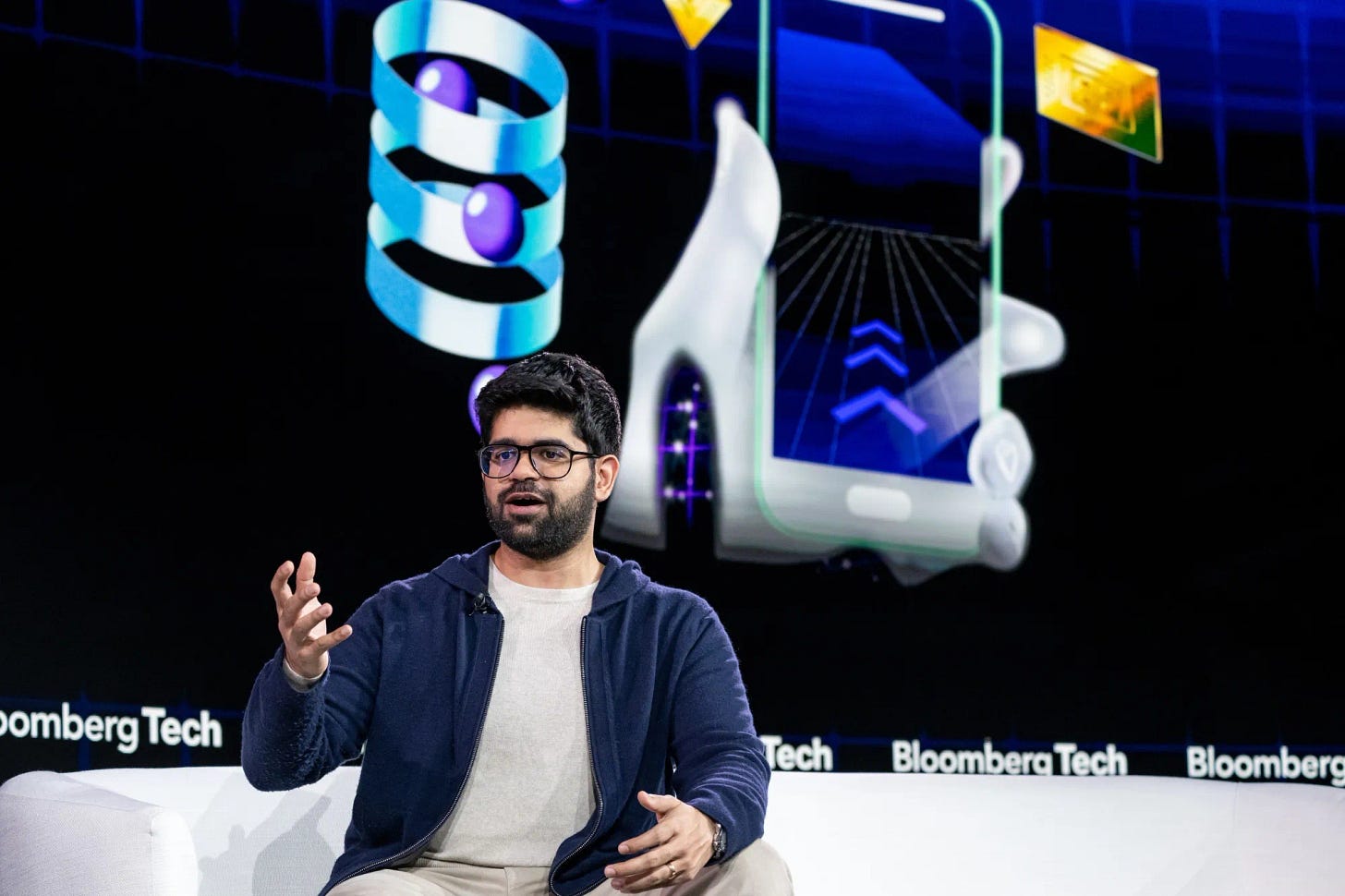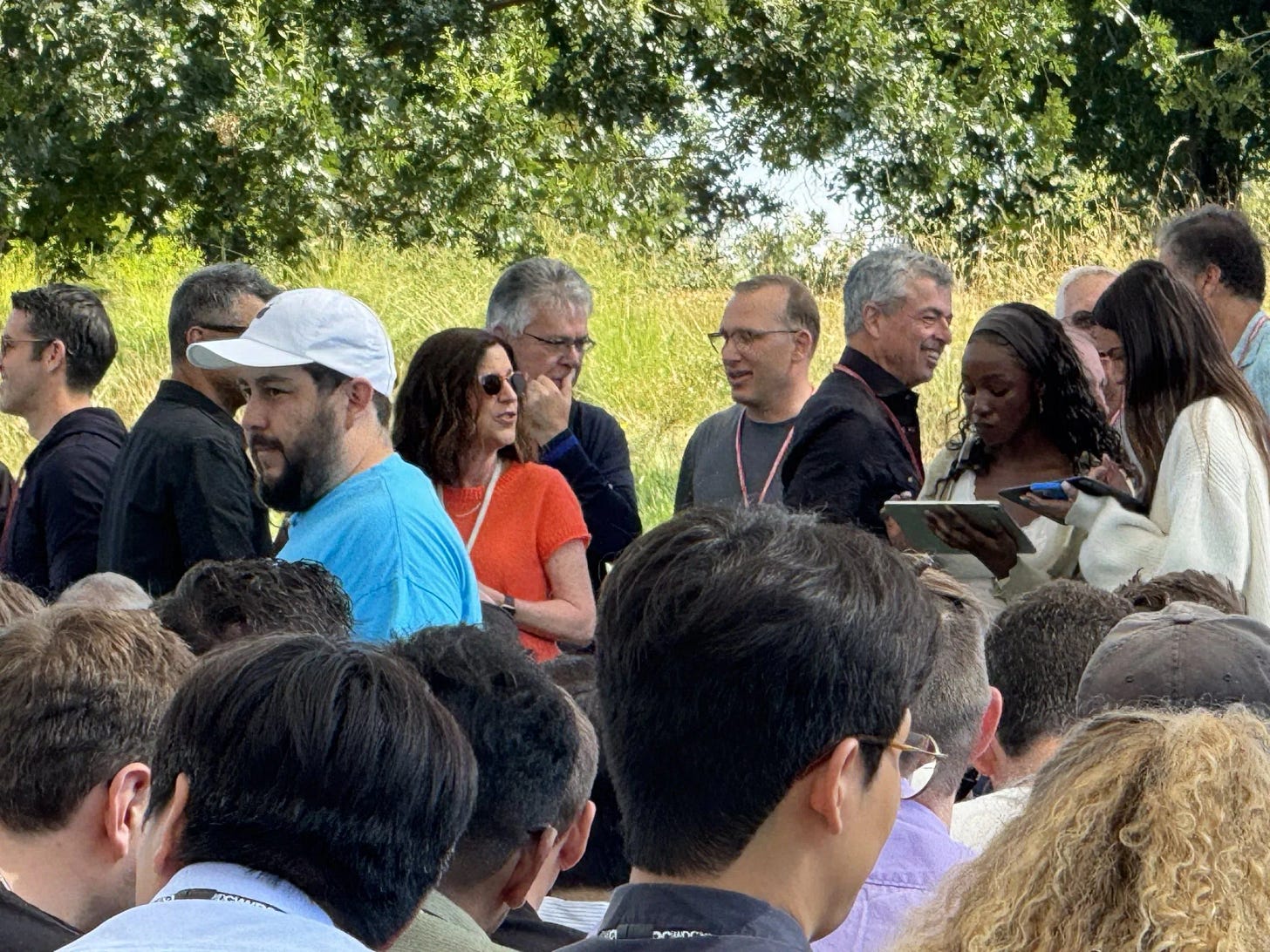AI: Apple has many 'Build vs Buy' choices in AI. RTZ #759
...Perplexity the latest of many options
One of the core part of MBA business school program are cases on ‘Buy vs Build’. Determining the pros and cons embracing new business opportunities by building one’s own product or service, or buy one via partnership or outright purchase (M&A). The analysis is often a non-algebraic, multi-variate calculus problem on the financial side across many dimensions.
But the bigger calculations involve deep qualitative analysis across business and regulatory dimensions before deciding on the final answer. And it applies to companies small and large.
I bring all this up because at this point in this AI Tech Wave, these decisions are coming to a head for many ‘Mag 7’ companies this year. With the most recent examplesbeing Meta. Microsoft for its part made a ‘quasi-buy’ analysis and investments both in the case of OpenAI, and its Inflection ‘acqui-hire’ not too long ago. Google and Amazon for the most part have been doing mild combinations of both approaches. As has Nvidia for its part as discussed in earlier posts.
And now the question has come to Apple’s door, as discussed yesterday in my post on Perplexity as a possible AI ‘Buy’ opportunity.
Bloomberg takes it further with its latest piece, “Apple Will Need to Leave Its M&A Comfort Zone to Succeed in AI”:
“Apple will need to make the biggest acquisition in its history to put an end to its artificial intelligence debacle.”
“Among the giants of Silicon Valley, Apple Inc. has long had an unusual acquisition strategy. The company’s biggest-ever purchase was Beats in 2014 — for $3 billion — and Apple has only made three transactions totaling $1 billion or more in its entire history.”
It’s notable to note that Apple’s market cap back in 2014 was about $650 billion vs $3 trillion today. So the Beats acquisition for $3 billion was about 0.46% of its market cap back then.
So if Apple were to buy Perplexity for instance, as has been publicly discussed in media reports, let’s say around its current private valuation of $14 billion, that would be about half a percent of its current $3 trillion valuation. About the same what it paid for Beats in 2014. A relative ‘trifle’ at even double that valuation.
But ‘Buy’ has not generally been Apple’s option of choice:
“Rather than acquiring large, transformative businesses, Apple tends to target small companies with focused teams — typically to accelerate an internal project or jump-start a new initiative.”
The piece then goes to contrast far bigger acquisitions by rivals:
“Compare that with Facebook’s $19 billion purchase of WhatsApp, or Google’s $12.5 billion deal for Motorola Mobility. Just a couple years ago, Microsoft Corp. plunked down $69 billion for Activision Blizzard.”
And compares them to Apple’s not so big M&A forays:
“When Apple has attempted billion-dollar deals, they haven’t gone smoothly:”
“The Beats transaction led to a culture clash that took years to resolve. Still, the acquisition ultimately paid off for the company by laying the groundwork for Apple Music and bolstering hardware sales.”
“The $1 billion purchase of Intel Corp.’s modem business brought in patents and engineers to fuel Apple’s custom chip ambitions. But much of Intel’s talent didn’t mesh well at Apple, and large portions of the acquired technology were abandoned. Apple’s first in-house modem chip, dubbed C1, arrived years behind schedule.”
“In 2016, Apple invested $1 billion in DiDi, then the “Uber of China,” hoping to strengthen ties in the country and potentially support its secretive car project. The bet imploded after Chinese regulators cracked down on DiDi, leaving Apple’s investment virtually worthless.”
The piece goes onto explain Apple’s relative success with ‘Build’ vs ‘Buy’ options to date. Even when they take longer than sometimes expected as it builds out ‘Apple Intelligence’:
“These experiences have made Apple deeply skeptical of large-scale M&A. Moreover, Apple’s homegrown approach often works out fine:”
“Wall Street long urged Chief Executive Officer Tim Cook to buy Netflix Inc. or a major movie studio. Instead, Apple built the TV+ streaming platform from the ground up. That service is now on a path to long-term success.”
“Apple also resisted calls to acquire Tesla Inc. or Rivian Automotive Inc. While not scooping up Tesla in its early days was arguably a missed opportunity, avoiding a more recent acquisition was a wise move — especially since Apple ultimately scrapped its car ambitions altogether.”
I’ve written about Apple’s decision to shift back on its Auto ‘Build’ projects, in a favorable context.
Then of course there’s Apple Music:
“Before Apple Music launched, some advocated for buying Spotify Technology SA or Pandora Media. Though a Spotify acquisition might have jump-started Apple’s audio streaming efforts, the company was able to build up the service on its own. Pandora’s radio-style model, meanwhile, is largely obsolete.”
“That said, Apple is facing a very different set of circumstances these days and may have no choice but to do a deal. The stakes of the artificial intelligence race are just too high.”
Now of course comes the opportunities and challenges with AI, especially as it comes to ‘Physical AI’, where hardware and software ecosystems are optimized around robots, wearables, drones and beyond.
“Developing the next generation of products — from glasses to robotics to new wearable devices — will hinge on AI. The technology will be as foundational to those products as the multitouch interface was to the iPhone (and that, notably, came via Apple’s 2005 acquisition of FingerWorks).”
Next the reminder of Apple’s ample resources to ‘Build’ vs ‘Buy’ across its platforms:
“The good news is, Apple has a cash hoard of more than $130 billion and a way out: It can buy its way into the future. The right acquisition could bring in the talent and technology Apple has clearly lacked — as evidenced by the struggles of its Siri voice assistant and its underwhelming generative AI work. This time, transformational M&A is exactly what the company needs.”
And speculation on possibilities:
“But first, let’s rule out some possibilities. OpenAI and Anthropic PBC, two of the leading AI developers, are not likely targets. OpenAI has a $300 billion valuation, as well as a relationship with Microsoft. Its convoluted corporate structure also makes it an impractical acquisition. Anthropic isn’t much more attainable. It’s valued at around $60 billion and has deep backing from Amazon.com Inc. and Google. Both deals would invite serious regulatory scrutiny.”
And then they come to the topic of yesterday’s post, Perplexity, which I wrote about yesterday.
The most likely acquisition target in the multibillion-dollar range is Perplexity AI. While the company lacks its own cutting-edge foundation models — like those of OpenAI or Anthropic — it has several advantages that make it a logical fit for Apple:”
“A proven, consumer-ready product. Perplexity’s search tool — with its text interface, voice controls and sleek design — already feels at home on Apple’s iOS. It could easily become the default AI-powered search engine for the Safari browser, Spotlight feature and even Siri.”
“It fills a clear need. Apple is focused on improving the AI foundation models that power its platform. What it really lacks is a strong search layer and a conversational interface for everyday tasks — exactly where Perplexity excels”.
“A decently sized team. Perplexity has roughly 250 employees, meaning it’s not too big for Apple to integrate. The AI talent is up there with other industry players and could be useful across the company’s Siri and AI engineering teams.”
“Reasonable valuation. At around $14 billion, Perplexity wouldn’t break the bank. That’s a fraction of what Apple would have to spend for other major AI players, making it a relatively low-risk, high-upside move.”
Remember the purchase of Beats discussed above in 2014 for $3 billion when Apple’s market cap was $650 billion then vs $3 trillion today. A $14 billion acquisition by Apple today of Perplexity or someone else would be that same half a percent of its market cap. So a relative trifle indeed on a relative basis. Bloomberg then goes onto the final plus of a Perplexity acquisition:
“Timing. Apple’s long-running search deal with Google is under threat from a US antitrust suit. The iPhone maker has to prepare for a post-Google search world — and acquiring Perplexity would allow it to finally launch its own Apple-branded search engine.”
And then finish the rest of the arguments:
“Such a deal might help in other ways. Perplexity has quickly become one of the most recognizable brands in AI, and bringing it in house could give Apple more credibility and recruiting power in the AI community — a space where it has historically struggled to attract top-tier talent.”
(Apple AI head John Giannandrea and acquisitions chief Adrian Perica (center) having a conversation before WWDC.Image Credit: Ryan Isaacs)
“And Eddy Cue, known as Apple’s key recruiter and dealmaker, has already publicly declared his interest in the startup. “We’ve been pretty impressed with what Perplexity has done, so we’ve started some discussions with them about what they’re doing,” Cue said in his testimony at the Google antitrust trial earlier this year. He went on to say the service sometimes can provide better results than a classic search engine like Google.”
“Apple executives, including Cue, deals chief Adrian Perica and AI managers, have internally debated whether it makes sense to buy Perplexity, I reported on Friday. The companies aren’t in active or formal acquisition talks, though. For now, Apple is focused on evaluating Perplexity’s technology and has met with its leadership team.”
And thus comes the ‘Build’ vs ‘Buy’ decision for Apple here, as it leverages its installed base of over 2 billion local devices worldwide:
“Apple is still weighing how much of its AI arsenal it wants to build, buy or license — and it’s waiting on the courts to determine the fate of its Google search arrangement before picking up talks.”
And the other possibilities for Apple in the AI space:
“Separately, Apple met earlier this year with Mira Murati — the former chief technology officer of OpenAI — to discuss a potential deal for her new AI startup, Thinking Machines Lab. The talks never progressed to an advanced stage.”
“There are other small AI companies without sky-high valuations that Apple could consider, including Cohere, Sierra AI, Databricks and Mistral.”
“Unlike the others, Mistral would give Apple a serious leg up in building cutting-edge foundation models. Its high-performance models are widely respected for their efficiency and speed — ideal for running on devices or in the cloud.”
Then a discussion of Apple’s internal options, on what is currently known about them:
“Apple’s current models are relatively underpowered. Its on-device model has 3 billion parameters — a measure of complexity and learning ability — while its cloud version has 33 billion. That’s far behind what competitors like OpenAI and Google are deploying.”
“Buying a multibillion-dollar AI company would represent a radical shift away from Apple’s conservative M&A strategy. But sticking to business as usual risks leaving the company even further behind in the most important tech race since the smartphone.”
From my perspective, one can make a strong case either way for Apple and Perplexity.
Another reason to do it would be one often used by large buyers, which is to take away optionality from other competitors. In this case Meta, Elon’s xAI/Grok, and others. And do it at relative small cost.
A strong con case would be Apple having more open source options including Mistral discussed above, to build its own AI models for use with Apple Intelligence in a far more ‘digestible’ form.
The other item to consider is that if Apple were able to continue and expand its current arrangement with Google, making Google Gemini AI the default across Apple devices and ecosystem besides Google Search, it could likely command a higher sum than the $20 billion a year it currently receives from Google.
Then they would add ‘Bank’ instead of ‘Build’ or ‘Buy’ their way into AI.
Of course there are legal overlays to that given the current Google trial in the remedies phase on the Google/Apple Search deal.
But as stated above, the ‘Build’ vs ‘Buy’ is a complex one. But it’s something I spent a lot longer assessing and advising on, in a professional capacity in previous major tech waves.
Apple has a myriad options at hand, and contrary to current sentiment, time to implement them relative to its peers and competitors.
In my view, Apple is NOT behind peers in this AI Tech Wave. I summarize my arguments in this and other short video pieces not too long ago.
Apple in my view has more time than generally assumed, to build a strong AI portfolio, both in a ‘Build’ vs ‘Buy’ capacity. Apple has its pick of choices ahead. Stay tuned.
(NOTE: The discussions here are for information purposes only, and not meant as investment advice at any time. Thanks for joining us here)





